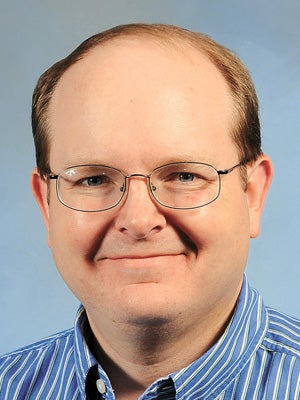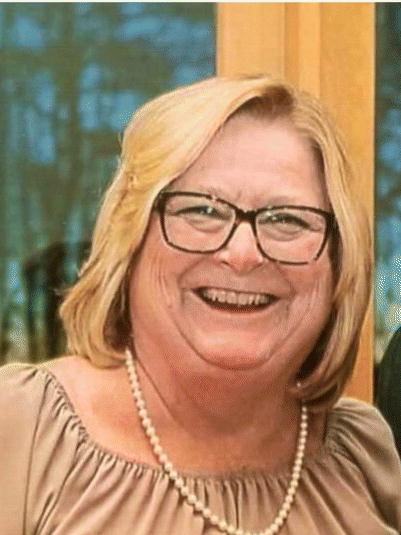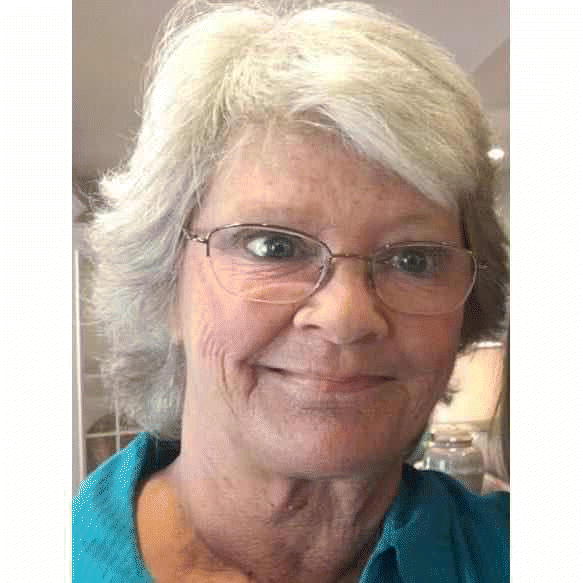Historical marker dedicated at Wildcat Willy’s
Published 10:08 am Tuesday, August 25, 2020
|
Getting your Trinity Audio player ready...
|
Through the last two centuries the property at 31 E. Broadway St. has been just about everything.
It’s been a church. It’s been a brick factory. It’s been a textile mill. It’s been an automotive garage. It’s been home to an electrical repair business.
Now it’s home to Wildcat Willy’s, a distillery and restaurant.
Friday, the building’s history went on full display with the unveiling of a sign tracing the property and the building all the way back to its beginning.
Laura Freeman, who owns the business and the property, said preserving the building’s history was part of the business.
“The whole idea is to bring life to downtown Winchester,” she said.
Wildcat Willy’s officially opened in December 2019, two years after it was purchased from the City of Winchester.
Local historian Harry Enoch did most of the research on the property, going all the way back to 1921 when John Williams and his father-in-law, Jesse Taylor, purchased the western half of two lots at Broadway Street and Church Alley.
A decade later it was identified as a brick factory, then a wool carding and spinning facility in the 1850s.
“I really do enjoy local history,” Enoch said. “I’m very happy to see (the building’s been saved and repurposed again.”
For more than 50 years following the Civil War, the building served as the first African-American church called Allen’s Chapel, then became a Colored Methodist Episcopal church, after a split from Allen’s Chapel, he said.
In 1926, the Clark Methodist Church sold the property and building to Ernest Jordan, who removed the church windows and used the building for Jordan Electric until 2001, he said.
At that point, Jordan sold the building to the City of Winchester, and it was used until 2017 for storage for the parks department, among others. It was on the verge of collapse when Freeman bought the building for the distillery.
“The bricks were falling out of the wall and we thought the wall on Church Alley would collapse,” Enoch said. “Let’s see how long we can keep it going.”










